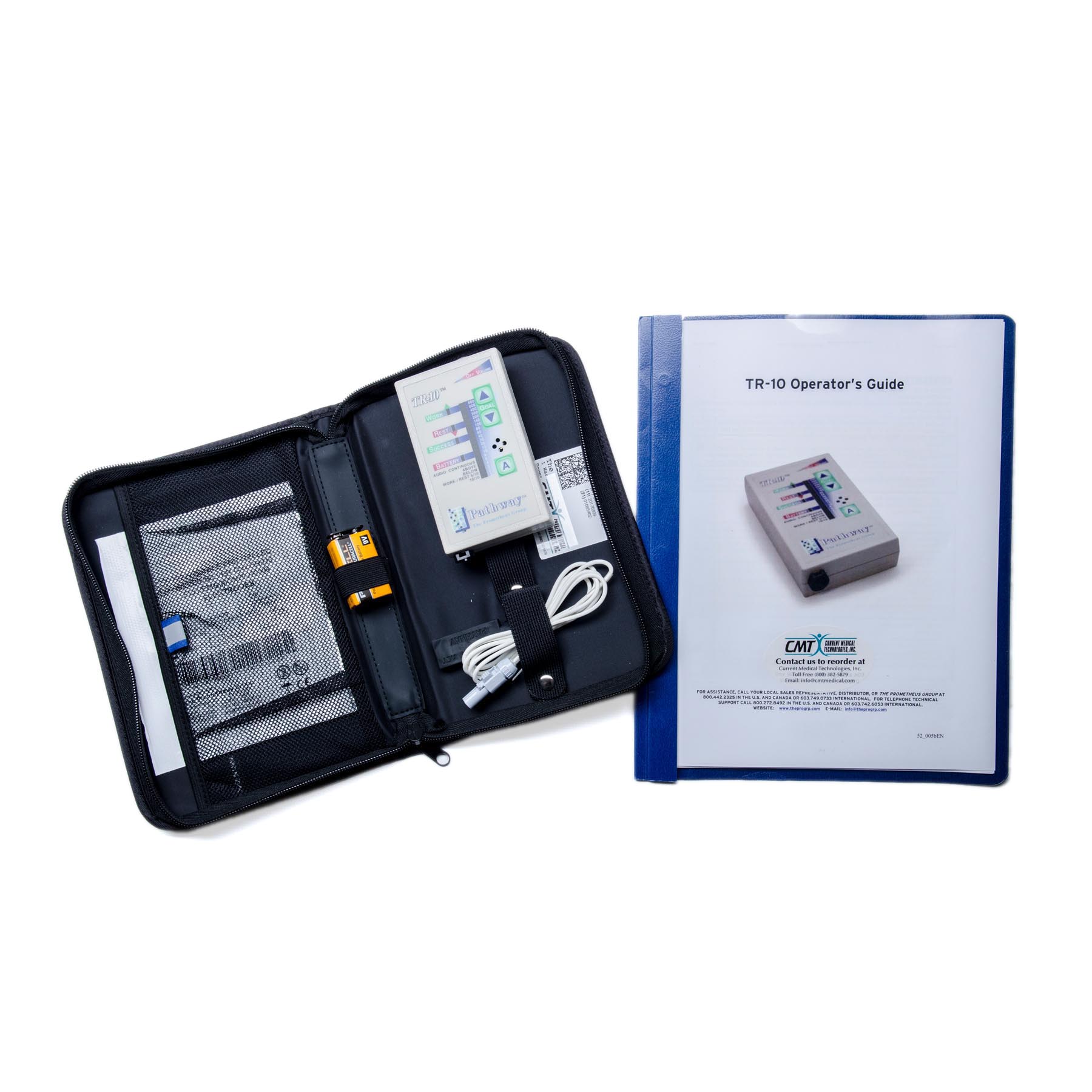Unlocking the Mysteries of the Brain Through qEEG Brain Mapping in Psychological Wellness Assessment
Comprehending the human mind is a complex task, particularly when it comes to psychological health. Conventional methods of evaluation frequently rely on conversations and surveys, which can sometimes miss important aspects about how the mind operates. This is where quantitative brainwave analysis, or qEEG, comes into play. qEEG is a specialized technique that measures neural signals in the cerebrum. By analyzing these brainwaves, mental health experts can obtain important insights into a person's mental state, helping to improve assessment and treatment.qEEG functions by applying small sensors on the scalp to record brain activity. These electrodes measure neural signals produced by neurons, the units in the cerebrum that interact with each other. The information collected is then processed and displayed as a series of patterns. Each type of neural wave—such as α, beta, delta, and θ—corresponds to different psychological conditions and functions. For instance, α oscillations are often linked with relaxation, while β oscillations are linked to engaged thinking and problem-solving. By examining these trends, clinicians can detect irregularities that may indicate mental health issues.

One of the significant benefits of qEEG is its capability to offer objective data. In contrast to conventional evaluations that rely on subjective accounts from clients, qEEG provides a clear picture of brain activity. This objectivity can assist minimize prejudices in assessment and lead to more precise intervention plans. For example, if a client is facing anxiety, qEEG can reveal specific patterns of neural activity that are associated with anxiety disorders. This data enables psychological health experts to customize interventions more effectively, whether it be through counseling, pharmaceuticals, or alternative treatments.
Moreover, useful source qEEG can be especially useful in monitoring treatment progress. By conducting qEEG assessments at various stages during treatment, clinicians can track changes in brain activity over period. This continuous assessment assists ascertain if a intervention is working or if modifications are needed. For example, if a patient is not responding to a particular medication, qEEG may show that their brain function has not altered in a manner that suggests improvement. This response cycle can result to more customized and effective psychological health care.
In conclusion, qEEG brain mapping is a potent instrument in the field of psychological health evaluation. By offering objective information about neural function, it improves the comprehension of different psychological health disorders. This method not only assists in precise assessment but also assists in monitoring treatment effectiveness. As mental health professionals continue to explore the potential of qEEG, it holds promise for improving the well-being of individuals facing psychological health issues. With continuous investigation and progress in technology, the secrets of the mind may become clearer, resulting to better results for those in requirement of assistance.